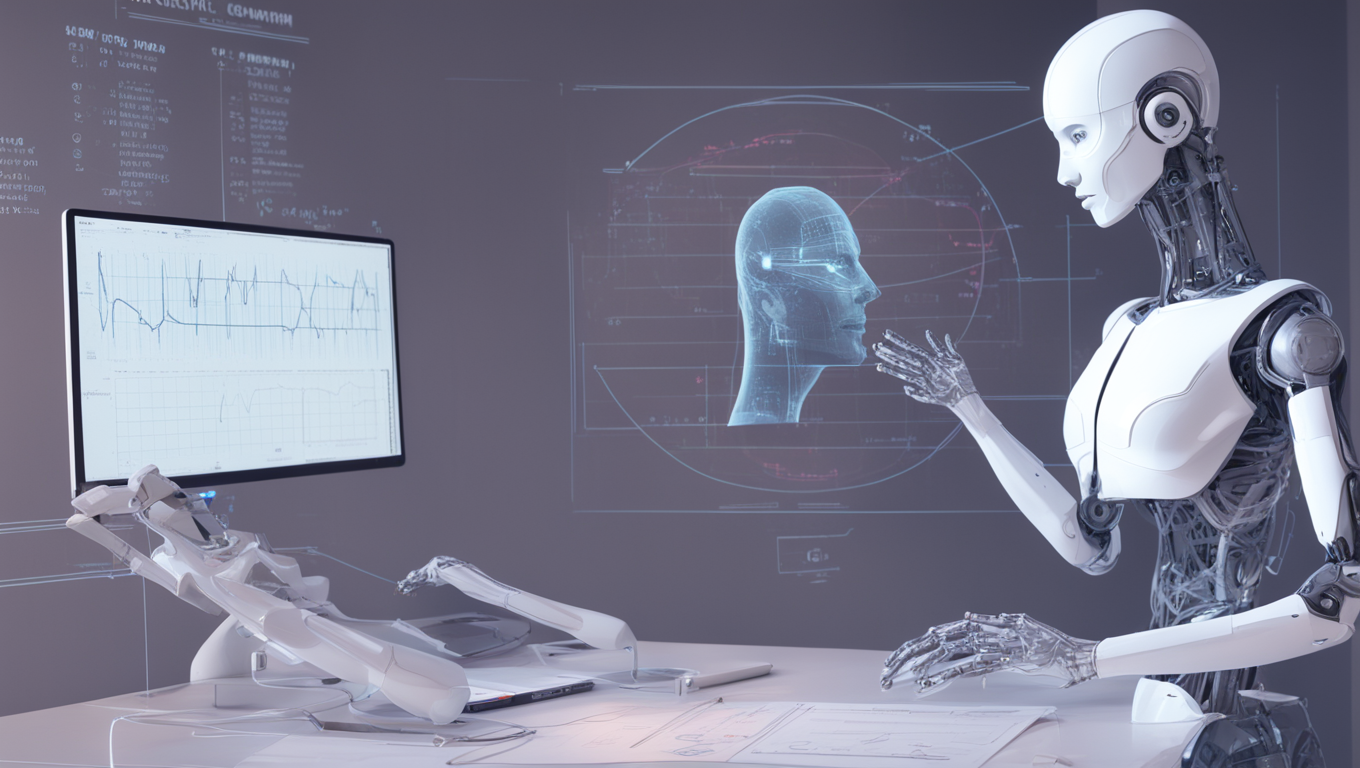A groundbreaking new artificial intelligence system, similar to ChatGPT, has been developed to predict the lives of individuals and their risk of early death with high accuracy. The AI model, known as “life2vec,” was trained on the personal data of over a million people in Denmark, making it more accurate than any existing system. Scientists from the Technical University of Denmark (DTU) used health and labor market data from 6 million Danes collected between 2008 and 2020 to train the AI model. This data included information on education, medical visits, diagnoses, income, and occupation.
By converting the dataset into words and training a large language model, the AI system learned the patterns in the data and was able to accurately predict outcomes such as personality traits and time of death. In a study published in the journal Nature Computational Science, researchers found that the AI model’s predictions were 11% more accurate than any other existing AI model or the methods used by life insurance companies to price policies.
“What’s exciting is to consider human life as a long sequence of events, similar to how a sentence in a language consists of a series of words,” said Sune Lehman, the study’s first author from DTU. By analyzing the events that have happened in a person’s life, the AI model can make precise predictions. While transformer models in AI are typically used for tasks like this, the life2vec model offers a new approach.
Using the model, researchers were able to answer general questions about an individual’s chances of dying within four years. The model’s responses align with existing findings, such as individuals in leadership positions or with high income being more likely to survive, while being male, skilled, or having a mental diagnosis increases the risk of dying.
The model not only predicts life outcomes but also accurately predicts the outcomes of a personality test, outperforming existing AI systems in this area as well.
“Our framework allows researchers to identify new potential mechanisms that impact life outcomes and associated possibilities for personalized interventions,” the researchers wrote in their study. However, they caution against using the model for life insurance purposes due to ethical concerns. Dr. Lehman emphasized the importance of insurance companies sharing the burden of risk by not having knowledge of who will be affected by incidents or death.
While this new AI system offers promising possibilities for predicting individual outcomes, there are important ethical considerations to address. Protecting sensitive data, ensuring privacy, and addressing potential biases in the data are crucial factors that must be taken into account when using this technology.
The researchers stress that their work is an exploration of what is possible and should only be used in real-world applications under regulations that protect the rights of individuals. Ethical considerations must be at the forefront when utilizing the power of AI in making predictions about people’s lives.





Use the share button below if you liked it.